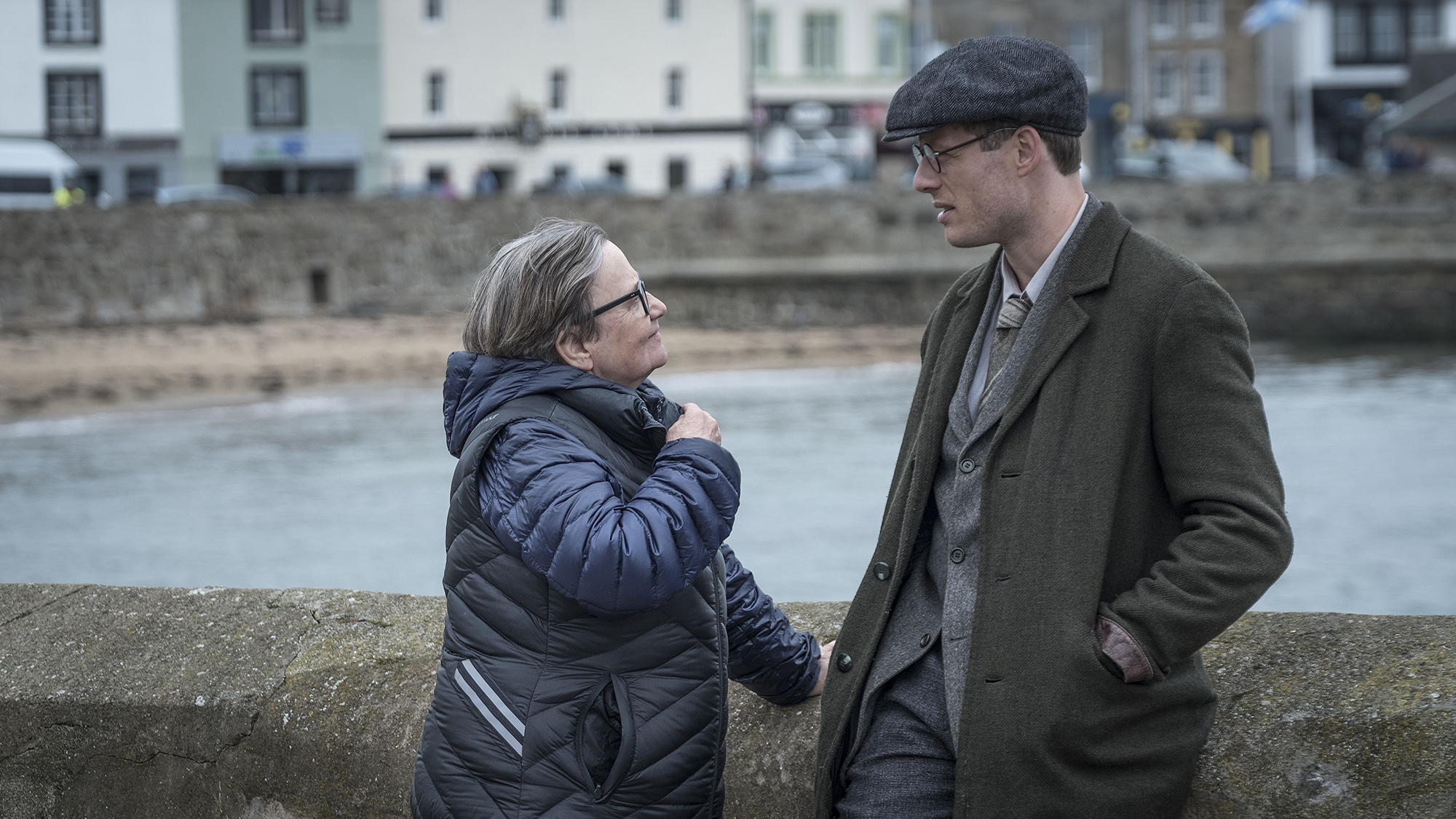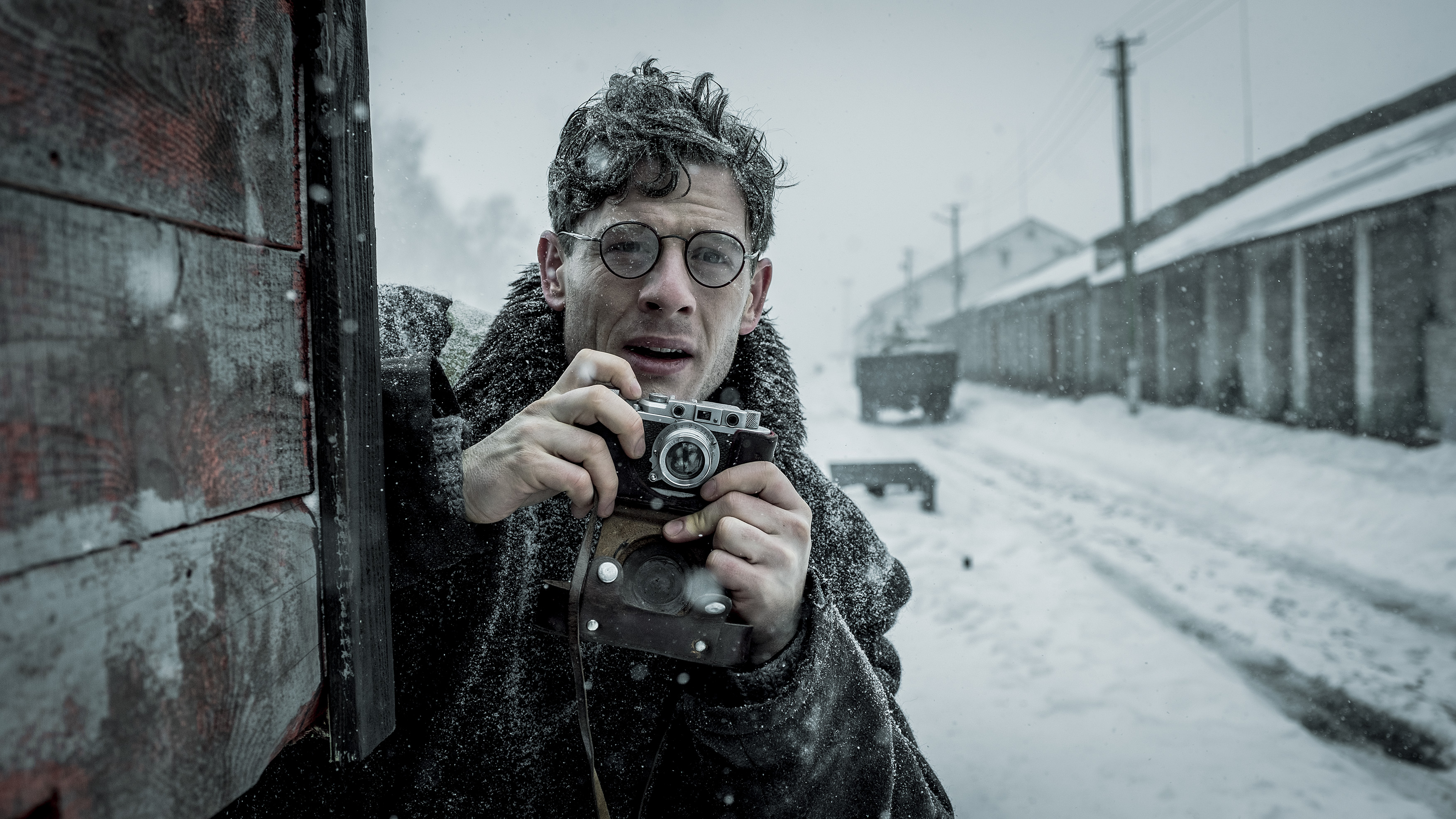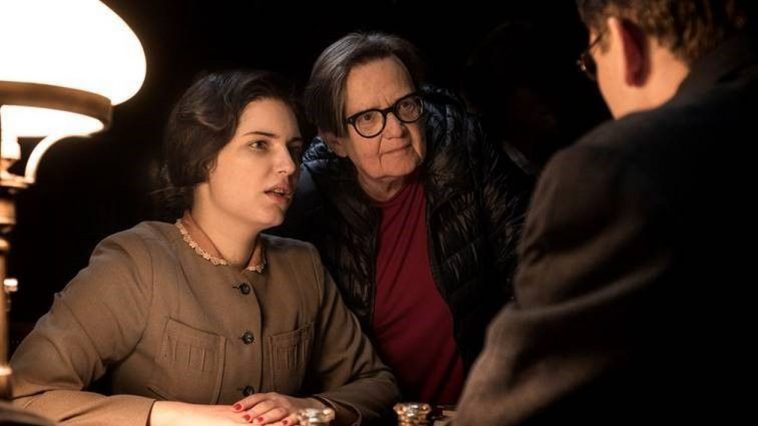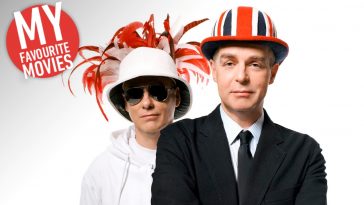As you can probably tell from her back catalogue of politically charged movies, Agnieszka Holland has never been one to shy away from tackling the most profound and pertinent issues on the planet. In her latest feature she delves into the tragic set of events in Ukraine during the Stalin era, where a famine (the Holodomor) took place, through the eyes of the courageous – if blissful – Welsh journalist Gareth Jones. We had the pleasure of sitting down with the revered filmmaker at the Berlin Film Festival last year where the film received its premiere, and needless to say, she doesn’t hold her tongue.
How does this story relate to the modern world?
My perception of the world is not linear, it’s not like the past happened and now it’s something different. I think it’s all connected and somehow the past is very present in the present time. The things that have been unsolved and unspoken, or manipulated or erased from the collective memory, they are still there and are poisoning contemporary politics and life. There are a lot of skeletons in the closet between Russian and Ukraine. The biggest victims of Stalinism are Russian people and the millions of people who have died of starvation or the badly conducted war. What is interesting for me is that the Russian people somehow accept it, he didn’t become the same bad guy that Hitler was in Germany, for example. In the polls which were made three years ago he was considered the most important leader of the nation. But not only this country, practically worldwide, Stalin’s crimes have been forgotten.
You also address the issue of foreign journalists also making compromises with Stalin to get what they want.
The American ambassador to Russian in the 40s was practically Stalin’s agent. There was a movie made by Michael Curtiz called Mission to Moscow, it was totally a propaganda movie, a Stalin-propaganda movie made by American studios. It shows that when Putin influences the American elections, Stalin was influencing American politics as well. We have to be aware of that. I think honest and objective journalists, journalists who check the facts and investigate the truth are in big danger now, more than then. Because with social media and the internet, it’s very easy to manipulate. Fake news is very easy to spread globally and quickly and very cheaply. You don’t need too much money, it was counted how much money the social media campaign cost during Trump’s presidential campaign and it was less than a million dollars. You can change the world’s politics for peanuts. Just like that. You don’t have money for objective journalism, like the papers who have honest correspondents don’t have those correspondents anymore because they don’t have money for that, investigative journalism is very expensive, fact-checking journalism is expensive, nobody is paying for that, but fake news can spread for nothing, yet a real investigation needs money.

Why are there so few films made about the Stalin era?
Good question. There are many reasons. The West feels responsible for Hitler, it doesn’t feel responsible for Stalin. Also Stalin was a hero to the West for a very long time, and still somehow it works this way. Influential Western intellectuals and artists had been very close to communism, as an idea. Like Orwell in my film, he says we need hope, maybe they are making mistakes but they regard the project as being the best under the circumstances. Until the fall of the Soviet Union these feelings had been quite strong. Somehow it was motivated as long as the Soviet Union existed, and the Col War existed the capitalism of the West was much more human, and there was this fear that it would come and break our richness, and it made it more social and more human, and trade unions had been really powerful and it ended with the fall of the Soviet Union which is one of the reasons why I think the populists are taking over now because this globalisation and corporation of capitalism because really brought up.
Gareth Jones is an incredible, yet naïve figure. How much do we know about him?
Not too much. He died quite young. We have his articles, some of his notes, some statements from his family, and we can imagine regarding his choices and his writing and his political and journalistic movements, what kind of guy he was. But he’s not somebody with several biographies written, so I think for the future he will have the face of James Norton, there’s no other faces to put on him. But we know that he was really well-educated, he was really interested in contemporary politics, and he spoke several languages which wasn’t common for a young British man of this time. He had some kind of wiseness and brightness to recognise where the danger was, where the truth was. The official politics had been pushing it away, and he was courageous, he went there and he took a risk, and he didn’t bow, he stand for the truth, which was risky on a personal level and a professional level.

It really looks like James Norton gave himself to the role, what made him the right choice for the part and how pleased were you with his application on set?
He was great, he was a trooper really. We started in Ukraine in quite difficult conditions, physically and also mentally. He needed to jump into the darkest part of the story. He’s an intelligent man and very harmless, and very bright and curious, he’s very open. He has very subtle qualities, he can do things in a very subtle way. I realise how good he is when I cut the movie together. Even if it’s not an extreme or radical or flamboyant character, he is a little magician, a well-educated man who is polite and has charm, but is a bit awkward also – he had all these elements and did it very well to make the character come alive.
Your first time at the Berlinale was in 1981. How much have you changed as a filmmaker in that time?
We don’t see the changes. We always think the young person is inside of you. The face changes but not the inner truth. But I’ve certainly changed. It was a different time with different experiences. It was still a very political film though, it was speaking about Russian occupation of Poland at the beginning of the 20th century, and the fall of the revolution, and the group of the socialist terrorists who had been fighting. It was metaphorical, everybody in Poland read it as being a metaphor of the Soviet occupation, and when the movie was shown here it was the intervention of the Soviet ambassador, and he met with the head of the festival, at the time it was like that. I’m curious to know if it’s still like that today, if the Russian ambassador can come and say ‘this is anti-Russian why are you showing an anti-Russian film?’ I’m curious.

























Leave a Comment